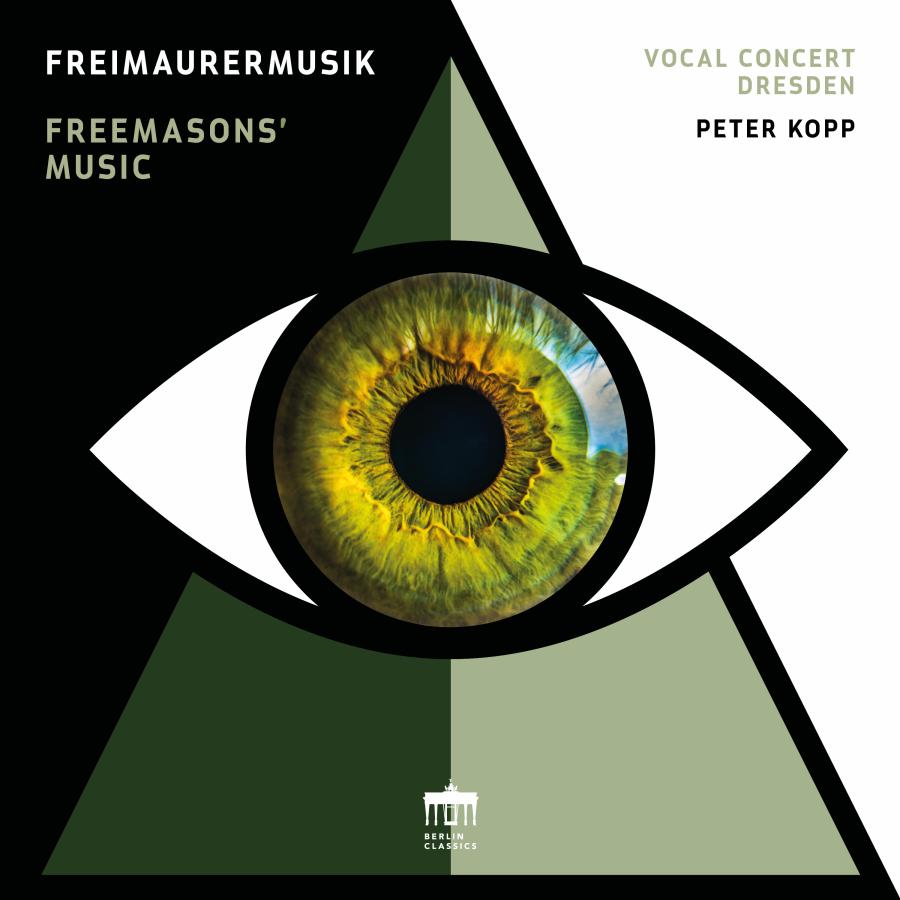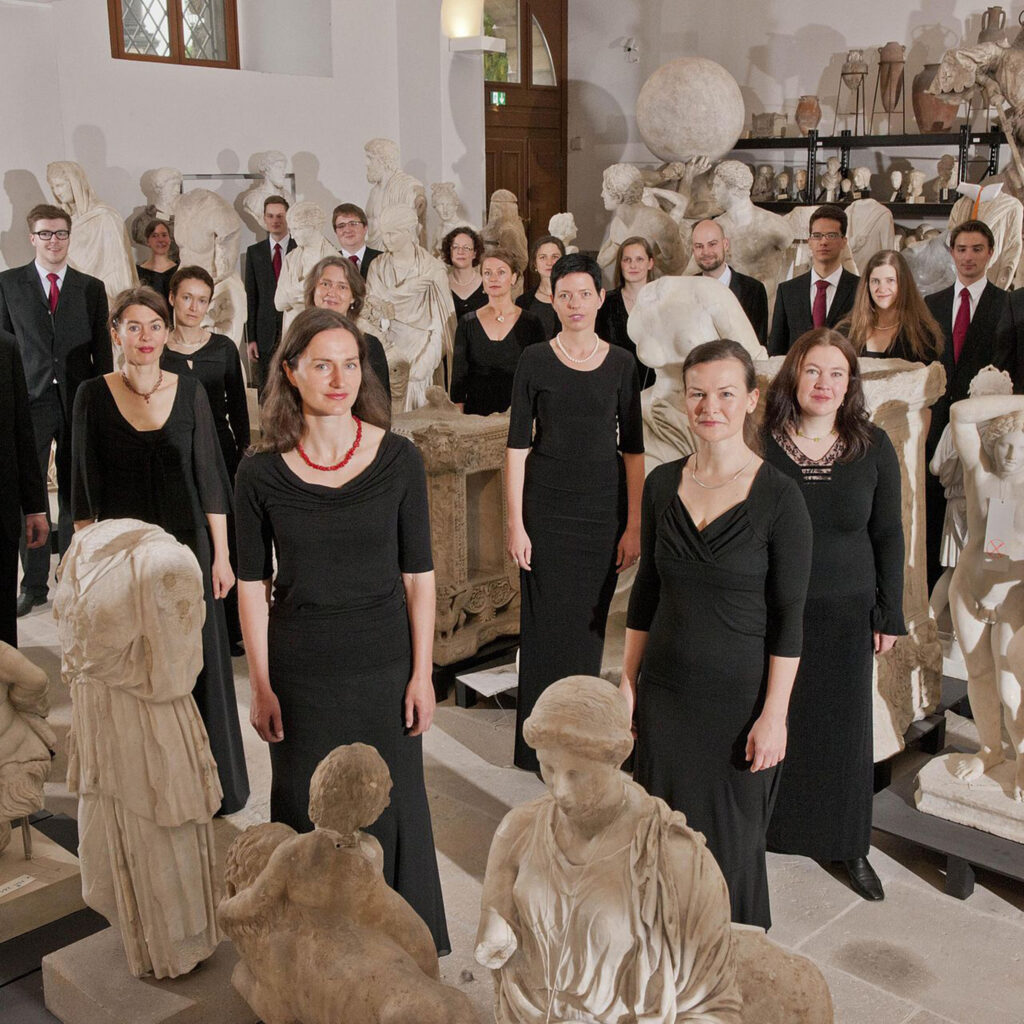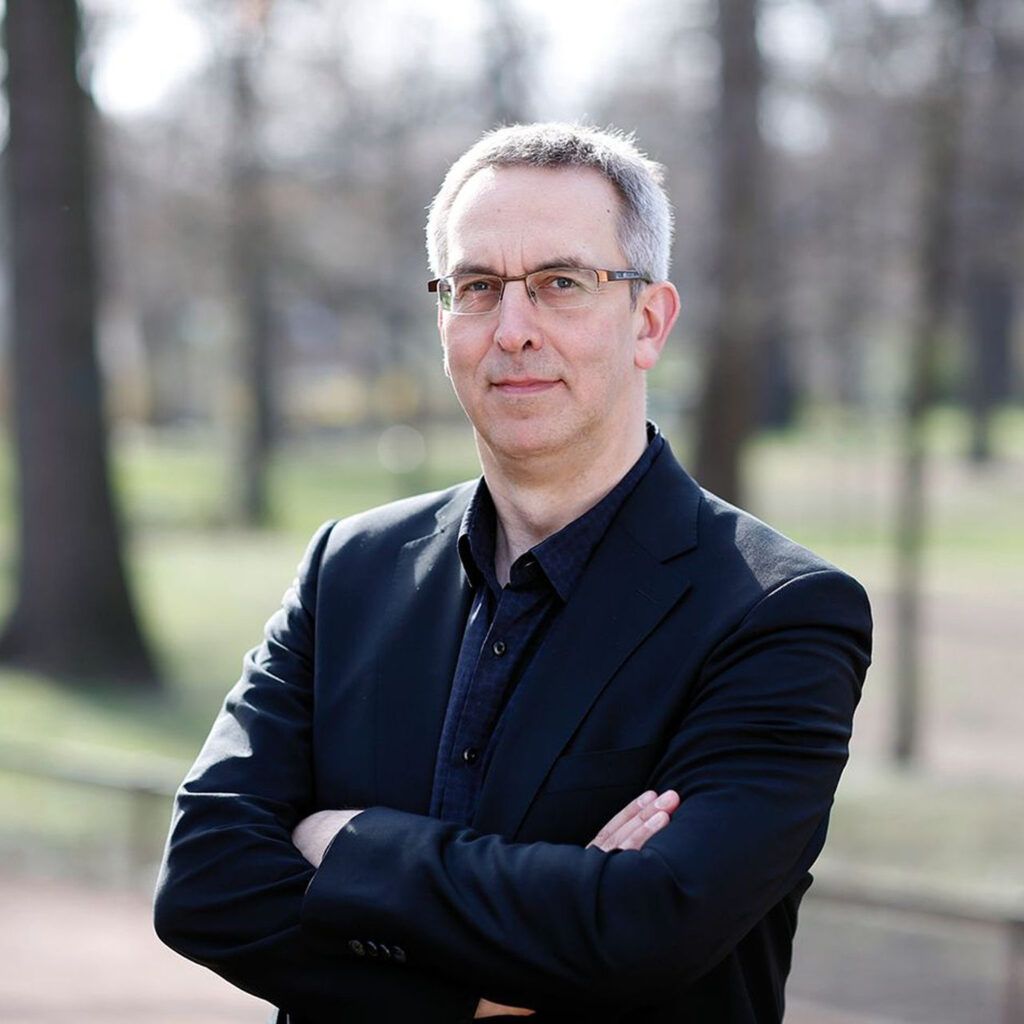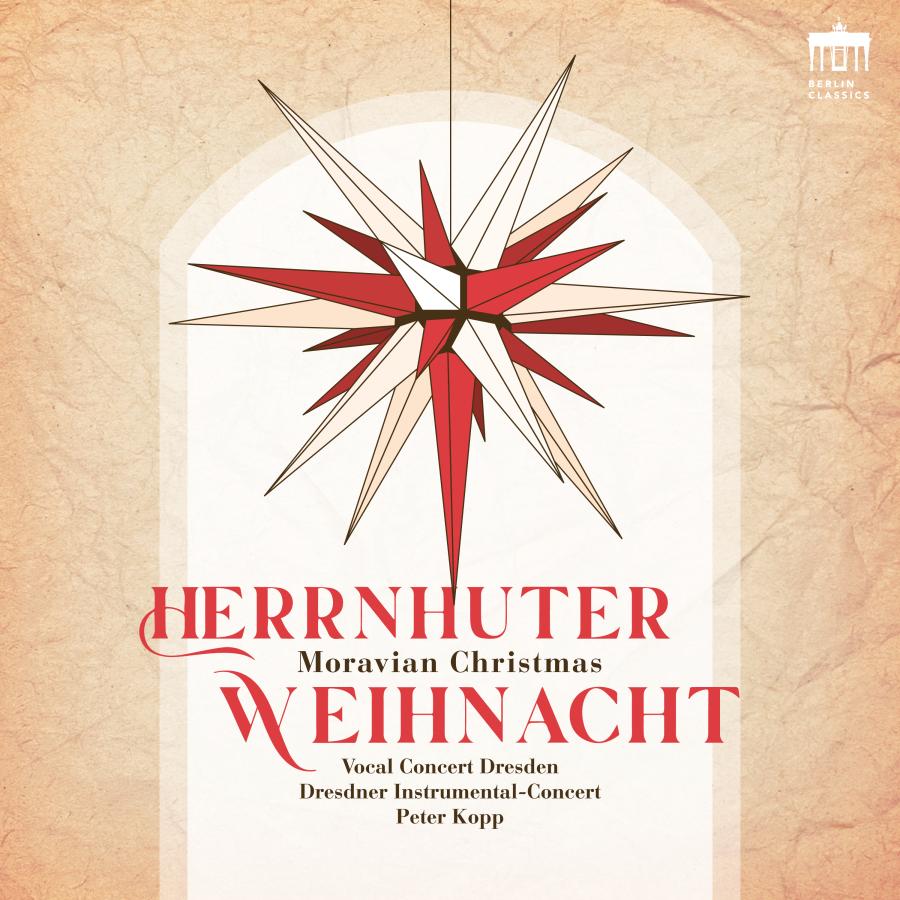A secret society, a clandestine community, mythical rituals in dark temples. The image of the Freemasons is surrounded by the mystic mists of the unknown. When it comes to their music, one should by no means think of Hans Zimmer’s epoch-making soundtracks to the Hollywood movies based on Dan Brown’s novels! Vocal Concert Dresden has turned to the authentic music of Freemasonry.
The first records relating to the establishment of a freemasons’ lodge go back 300 years ago to London. Non-artisans were also allowed to join the English stonemasons’ guilds, where they would debate esoteric matters of spiritual moment. Their motto was tolerance that took no account of social standing or religion; they encouraged freedom of personal development, fraternity and general philanthropy. Despite the reticence of the public towards them, the enlightened movement spread to the Continent where it became popular, above all in central Germany, which became a centre for the “Royal Art”. The exclusivity and self-imposed isolation of the movement fed the legend that grew up about the fascinating mysteries of the Freemasons. What really took place in the inner confines of their temple remained hidden from view. The development of their mythical, symbolic use of formulae, objects and rituals went hand in hand with a cultivation of specific music.
Collective singing was the primary source of music-making in the lodges of the time. This strengthened the sense of community and gave structure to the rituals and ceremonies. The male voice choir of the Vocal Concert Dresden now offers a glimpse into the musical backing ¬– both unaccompanied and accompanied on historical instruments such as an original Hammerklavier (pianoforte) – of the lodges’ practices. Strophic songs – primarily in unison or in some cases, where members had some musical training, sung in polyphonic form – were the most popular genre. The interplay of words and music is meant to convey the entertaining and relaxing side of music alongside the essence of the masons’ values. This album offers a whole programme of music that covers both overt and subliminal examples of musical pointers to the lodge brethren’s symbols and values: threefold repetition for example will symbolise the three ranks of St John Masonry and the three ideals (wisdom, strength and beauty); pounding note repeats represent the masons’ hammer blows, while the alternation between soloist and tutti represents the teacher-apprentice relationship between the individual ranks.
Schiller’s “Ode to Joy” won favour in more than 100 different settings and gained immortal status as the culmination of Ludwig van Beethoven’s Ninth Symphony. The widespread view that it was commissioned as an original poem for the masons is simply untrue. Long before Beethoven took possession of the poem, a number of composers in Leipzig and Dresden had set the words to music. Four of those first settings laid the foundations for its popularity and they are featured here on this album. Accompanied by a comprehensive booklet, this release by Vocal Concert Dresden under the direction of Peter Kopp aims to demonstrate the importance of music, not only to the freemason movement. Masonic music-making made a huge contribution to the development of middle-class and non-sacred music. Recorded in Dresden’s “Institute of Freemasonry”, a school building sponsored for more than 150 years by the movement, this album featuring numerous works never recorded until now offers a truly fascinating view into a world seldom seen or heard.




















